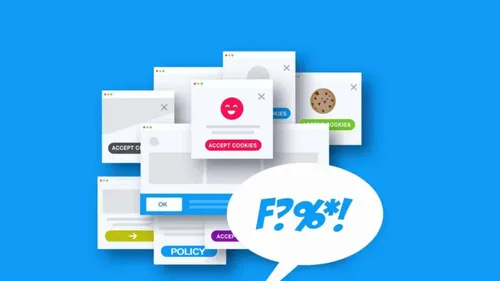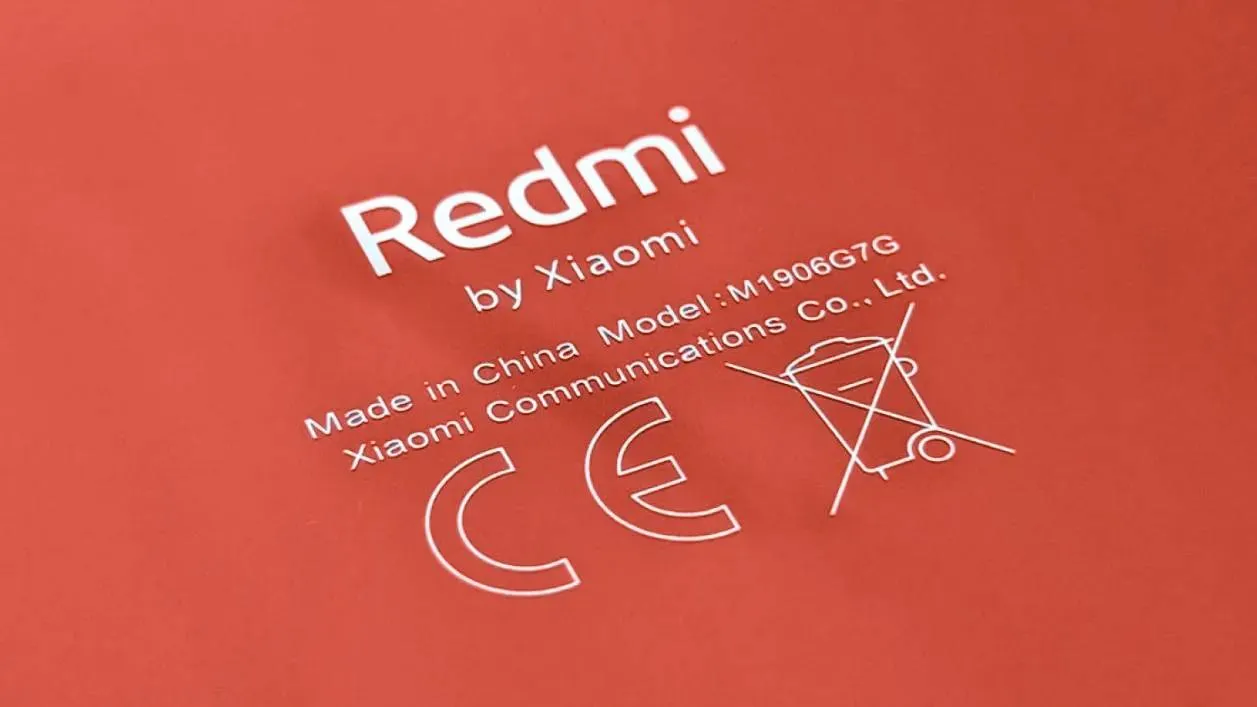EU prepares to implement fresh laws to address issues with cookie banners
newsThursday, 04 January 2024 at 12:08

The European Union (EU) is preparing to bring in new laws which are aimed at handling the menace associated with website cookie banners. The measures taken by the EU to regulate this menace will ensure that users give their permission for cookies to become active. This plan by the EU follows the General Data Protection Regulation (GDPR) and the ePrivacy Directive. These regulations will see to it that all websites regularise and enhance their user experience when dealing with cookie authorisation requests.
It is common knowledge that when a user visits a website, pop-up windows and banners display on the screen. These pop-ups sometimes ask the user to consent to the collection of data and use irrelevant cookies. Some other websites go as far as demanding a considerable amount of clicks to either accept or reject their cookies. This inconvenience to users is what the European Union is trying to rectify. Didier Reynders, the EU's commissioner for Justice speaking with the German newspaper Welt am Sonntag in a recent interview said that the Commission has noticed the annoying Cookie "consent" Banner. He adds that relevant measures are being discussed for regulation.

The poor qualities of the cookie "consent" banners haven't gone unnoticed by the commission. That is why laws are being put in place to control the show of cookie banners. Reynders went further to say that new regulations will be put in place to curb the use of cookie "consent" banners to lower "cookie fatigue". This will provide users with a basic knowledge of how the online advertising market works to make conscious and proper decisions on how they release their private information. A proposed remedy to this problem is to demand websites retain their user choices to ensure that the consent banner is shown once a year.
Existing Cookie Banner Requirements
The current cookie banner requirements include;
- Requirement for specific and user consent before using non-essential cookies
- Easily visible cookie consent notifications on the first visit to a website
These are the cookie requirements from GDPR and the ePrivacy Directive. Websites that need non-essential info from EU citizens of the EU have to follow these requirements.
EU's Focus on Cookie Consent
The EU's focus on cookie consent is that websites should clarify the following;
- The information that the website needs
- What is the need for the information
- How users can control their personal information
- Adding a link to cookie settings and the cookie policy.
Expectations from the EU are that websites give priority to cookie consent and establish accessible cookie banners

Reject All Button
The EU is now working on laws that will ensure that all websites have the "Reject All" button. This way, a user who not not want anything to do with the cookies can proceed without it. Though it's a good feature, most websites are not in support of it. Some say that it brings up the issue of usefulness and results on the user experience.
Global Impact
These laws and regulations will influence not only websites in the EU but also websites around the globe that have EU or UK users. Data privacy laws around the world also have identical requirements like that of the GDPR and ePrivacy Directive regulations.
Final Words
The European Union will put measures in place to curb the effect of annoying cookies and Pop-Up features on websites. This will in turn checkmate and regularize the use of website cookie banners. It will also provide users with secure and crystal-clear knowledge about the cookies. Efforts put in place by the EU are to strengthen data privacy and security on a global scale. All now lies on the European Union to swiftly implement these laws and to see to it that websites obey the laws.
Popular News
Latest News
Loading






